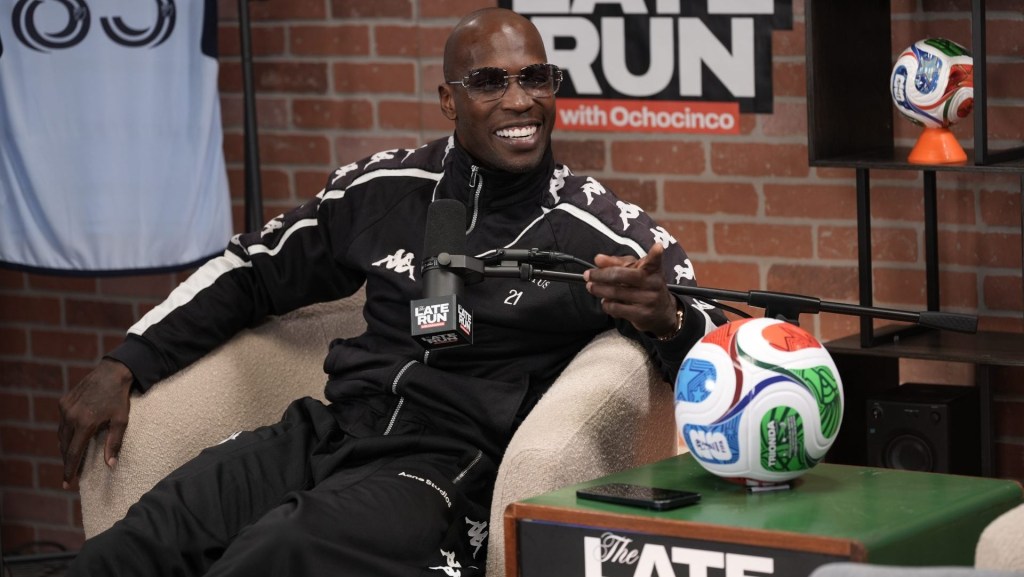FIFA’s media rights package comprises a long, complicated list of broadcasters spanning more than 75 nations.
Since FIFA began hosting women’s World Cups in 1991, the international soccer governing body had always sold those broadcast rights in a bundle with the men’s tournament. It was giving away the women’s game as a free extra, a perk.
Now, for the first time in history, FIFA has unbundled the men’s and women’s media rights, selling the 2023 Women’s World Cup as its own package.
FIFA’s decision is a step in the right direction, experts agree, but the tournament hasn’t reached its financial potential. In all, the media rights agreements for this year’s tournament total about $200 million, according to a Wall Street Journal report — $100 million shy of what the tournament may have been worth.
From a rushed negotiating window to Australia and New Zealand’s less-than-ideal time zones, this year’s tournament wasn’t the best one to begin selling on its own.
“I think [unbundling the media rights] is a fantastic idea,” Daniel Cohen, EVP of Global Media Rights Consulting at Octagon, told Front Office Sports. “I think the timing of it was poor.”
Eventually, the tournament could at least catch up to the value of the Men’s World Cup, two experts agreed. The media dollars could even surpass the men’s “in our lifetime,” Kara Nortman, founder of Angel City FC and the global women’s sports investment firm The Monarch Collective, told FOS.
But in order to do so, FIFA has a long road ahead. It’ll have to learn from the mistakes they made with this inaugural bidding round. And in the future, both broadcasters and FIFA will have to give more attention not just to their negotiation strategies, but also non-World Cup women’s soccer events.
That is also the key to unlocking equal pay across the board at the World Cup.
FIFA president Gianni Infantino has said that the more media rights revenue FIFA makes, the easier it will be to offer the women equal prize money. While this year’s Women’s World Cup prize purse of $110 million is bigger than ever, it’s still dwarfed by the $440 million in men’s prize money.
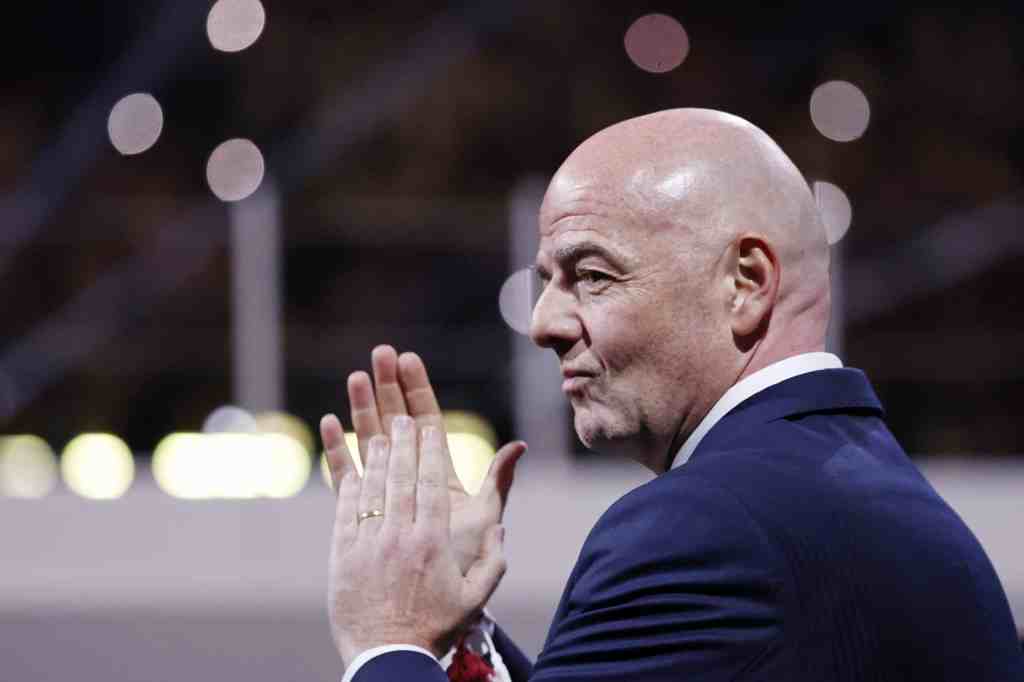
Set Up To Fail?
After the 2019 Women’s World Cup — when ratings skyrocketed to 1.1 billion globally — Infantino began to see the light.
He announced that for the first time, FIFA would sell the 2023 Women’s World Cup as its own separate product to broadcasters around the globe. (He also agreed to expand the tournament to 32 teams from 24 and sell women’s-specific sponsorships, promising to invest $1 billion in the growth of women’s soccer globally.)
The news was a huge win for the women’s game. It also allowed the tournament to earn more money than ever before — money that would hopefully increase the previously dismal prize purse.
For every country whose broadcast contract had run out, FIFA would separate the men’s and women’s tournaments and negotiate them on their own. For countries like the U.S., which have bundled agreements that run until the next World Cup, FIFA would count some of the revenue from the bundled contract toward the women’s tournament.
The negotiation process didn’t exactly go as planned.
FIFA ended up making only about two-thirds of what it planned to from this year’s World Cup media rights, despite Infantino’s near-constant posturing in the media.
For multiple logistical and historic reasons, the negotiations were doomed from the start. To start with, the TV value of this tournament may not measure up regardless of the quality of the product.
The location of the World Cup in Australia and New Zealand almost guaranteed that major broadcasters in Europe and the Americas would underpay given an expectation of lower TV ratings and ad sales from wonky game times, experts agreed. That’s not an issue that’s limited to the women’s event, Cohen noted — Olympics or World Cups in faraway time zones make it difficult for rich broadcasters in the West to shell out.
The overall calendar is an issue, too. The tournament is taking place a month later than usual — pushing it up against the start of the English Premier League, The Wall Street Journal noted in an autopsy of the negotiations.
When Infantino launched negotiations, he quickly realized that some of the major broadcasters (such as those in the “Big Five” European countries of England, France, Italy, Spain, and Germany) offered far less than he expected. At one point, he called the offers — which he previously claimed were between $1 million and $10 million when they should have been between $100 million and $200 million — “a slap in the face of all women worldwide.”
Part of the reason for this, Cohen noted, was the timing issue. But Infantino also criticized the broadcasters for submitting low bids because of inherent misogyny. (After all, it’s taken broadcasters in the U.S., the home of Title IX, decades to realize the value of top women’s events.) He acknowledged, though, that “it’s our fault as well” — decades of bundling rights set the market low.
Title IX expert and Purdue American Studies professor Cheryl Cooky believes the main reason for the lower revenue is plain sexism. “There’s all kinds of ways that you can justify discriminatory treatment,” she told FOS. “I think that this is just another example of that.”
While many media contracts are negotiated years in advance, particularly in the U.S., FIFA’s entire media package was thrown together seemingly at the last minute.
It didn’t agree to a contract with European countries until just one month before the tournament began — after threatening a blackout for some of the sport’s biggest fans. It didn’t sign its media agreement with Japan, where another growing fan base of women’s soccer fans reside, until July 20, the opening day of the tournament.
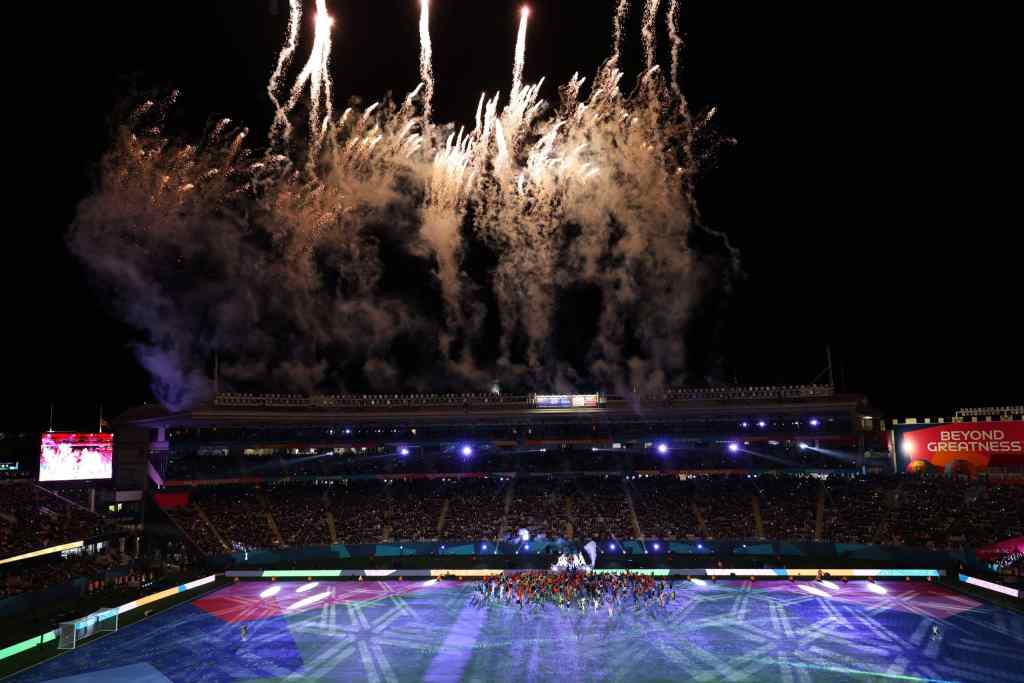
Preparing For The Next Cycle
In March, Infantino said he hopes to offer an equal prize pool for men’s and women’s players by the next round of World Cups in 2026 and 2027.
Of course, that depends on his success with the next round of media rights negotiations — which will include U.S. broadcasters Fox Sports and Telemundo, whose contracts end in 2026.
Experts provided a long list of ways FIFA can beef up its media negotiations strategy for the next round. Some standout suggestions:
- Cohen believes FIFA should invest in more off-cycle women’s events, like a women’s club tournament. “These are rock stars, these women,” he said. “Take them on tour.”
- University of Pennsylvania sports business professor Karen Weaver wants to see FIFA invest in negotiations for emerging markets, particularly those in Asia and Africa. “FIFA is a European-focused organization,” she said, but “all it’s going to take” is one breakout star to galvanize an entire new market.
- Nortman and Cohen agreed that earlier negotiations could yield better deals and give domestic broadcasters more time to promote the tournament in advance.
While it’s easy to criticize, experts agreed that FIFA has taken at least one step in the right direction.
“Everyone’s writing about how botched it is,” Nortman said. “But I would say the flip side … Mr. Infantino being out there in a very public way, I think, is a really good thing.”
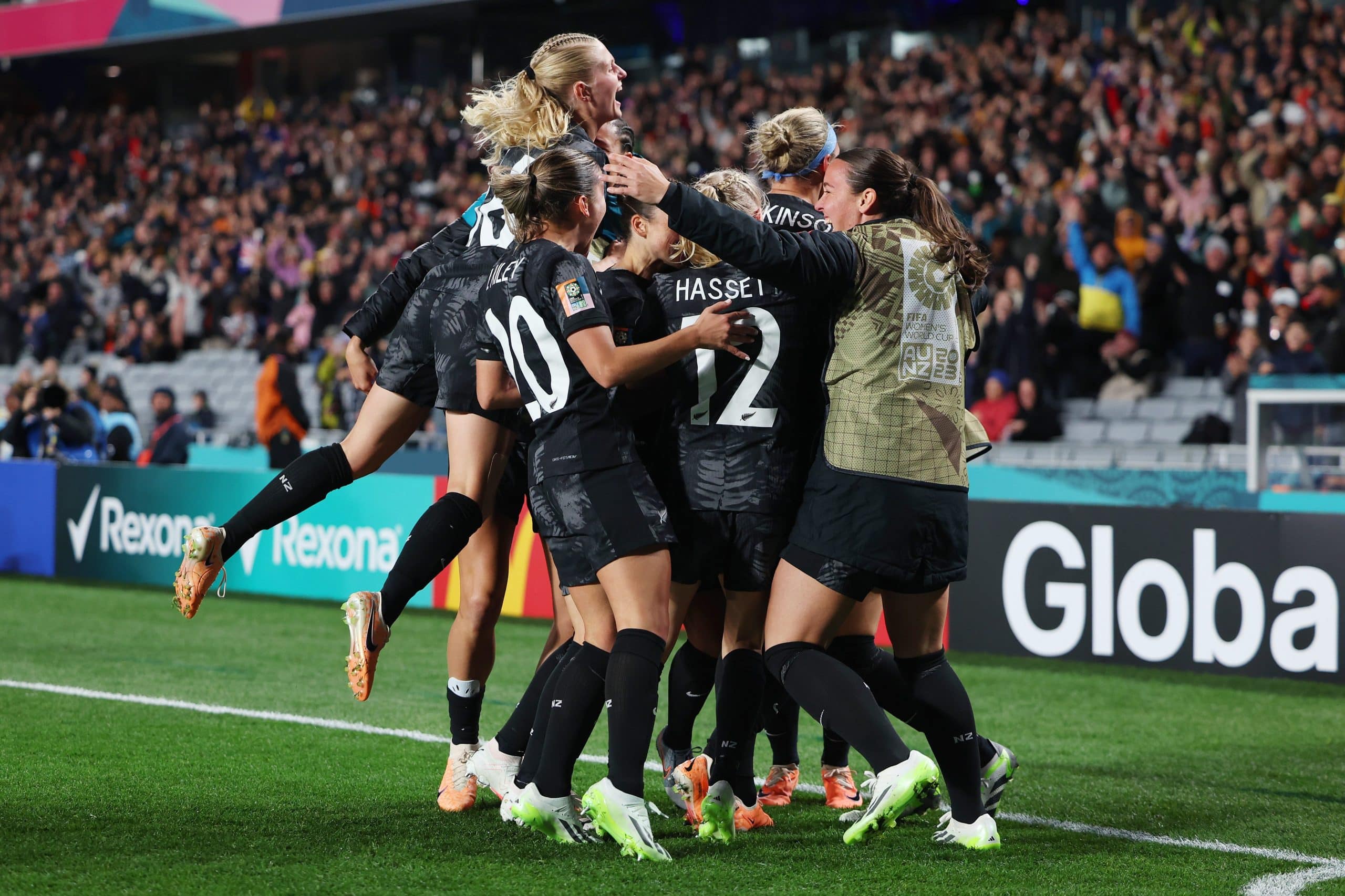
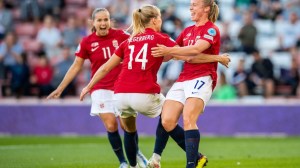


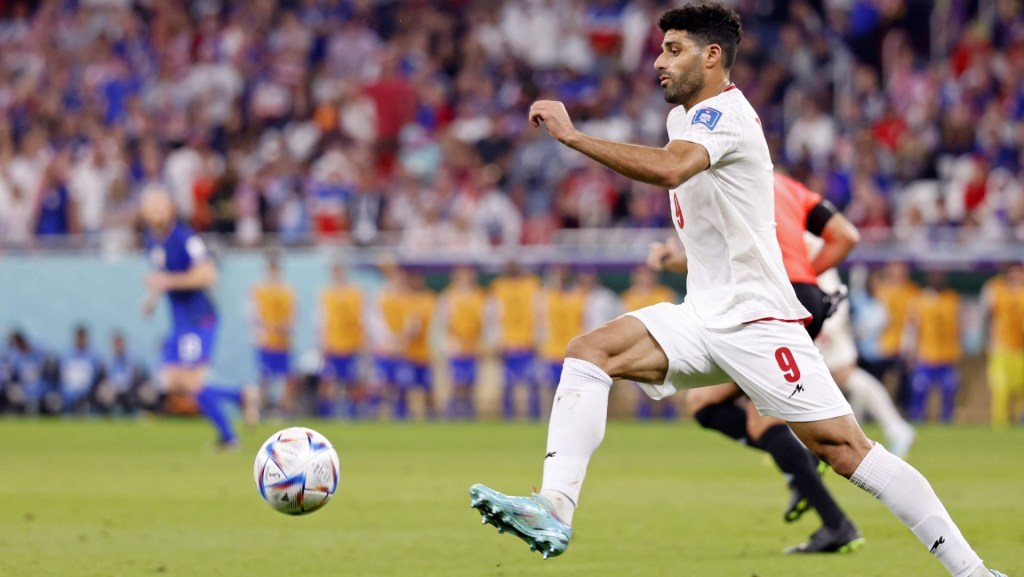


![[Subscription Customers Only] Jun 15, 2025; Seattle, Washington, USA; Botafogo owner John Textor inside the stadium before the match during a group stage match of the 2025 FIFA Club World Cup at Lumen Field.](https://frontofficesports.com/wp-content/uploads/2026/02/USATSI_26465842_168416386_lowres-scaled.jpg?quality=100&w=1024)
![[Subscription Customers Only] Jul 13, 2025; East Rutherford, New Jersey, USA; Chelsea FC midfielder Cole Palmer (10) celebrates winning the final of the 2025 FIFA Club World Cup at MetLife Stadium](https://frontofficesports.com/wp-content/uploads/2026/02/USATSI_26636703-scaled-e1770932227605.jpg?quality=100&w=1024)








